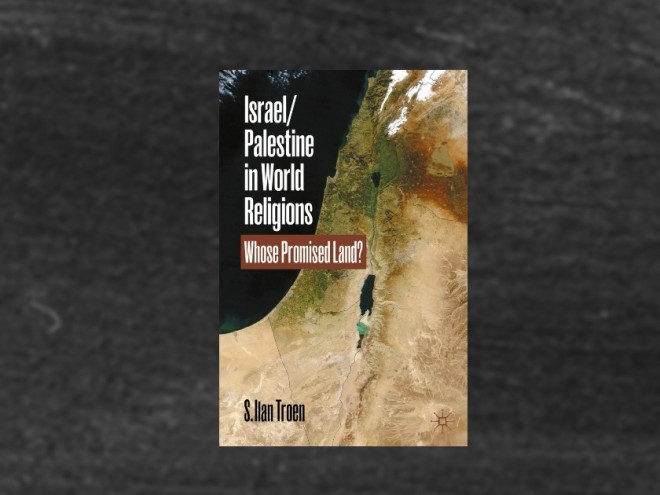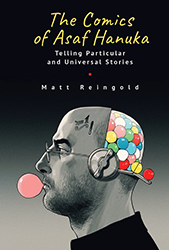A leading scholar in Israel studies, S. Ilan Troen has written an introduction to the religious significance of Israel, updated and rededicated in memory of the horrific events of October 7, 2023. His work reminds us that there are competing theologies defining the conflict. This complexity is magnified by the fact that three faith communities, as opposed to two in other contested areas like Cyprus, Ireland, and the Indian subcontinent, understand the Land of Israel to be central to their identity. Troen, the founding director of the Israel studies departments at both Ben Gurion and Brandeis University, suggests that religious justifications for ownership of the Land of Israel have not disappeared, despite the rising secularism of the modern age. He claims that the secular and religious components “may be maintained simultaneously and are often interwoven.”
Troen’s argument is divided into three parts. The first outlines secular claims to the Land of Israel, including the dissolution of the Ottoman Empire and the rise of both Jewish and Arab self-determination. The second part reviews theological arguments. In three separate chapters, it traces the Jewish, Christian, and Muslim claims to the land. In chapter eight, the author considers radical Islam’s growth and specifically Hamas’s 1988 charter, which is a theological manifesto that identifies all of Palestine as a waqf, a land belonging to Islam in perpetuity. The third section explores the intersection of secular and religious claims. It also recognizes the rise of antisemitism that “extends to rejection of the Jewish state and infects and buttresses efforts to delegitimate Israel’s establishment.” Troen then compares the language of Israel’s Declaration of Independence to the documents outlining Hamas’s claim to Palestine.
Israel/Palestine in World Religions is an examination of the most critical issues perpetuating the Israeli-Palestinian conflict. It highlights the need to understand the conflict as a nuanced interaction between secular and religious claims that are near-impossible to separate. This leads those who seek to justify either kind of claim to the land to face resistance by detractors across the spectrum. Troen’s accessible analysis recasts one of the most intractable conflicts of the modern age into a struggle that can be resolved only by a recognition, appreciation, and reconciliation of both contemporary and timeless challenges.




